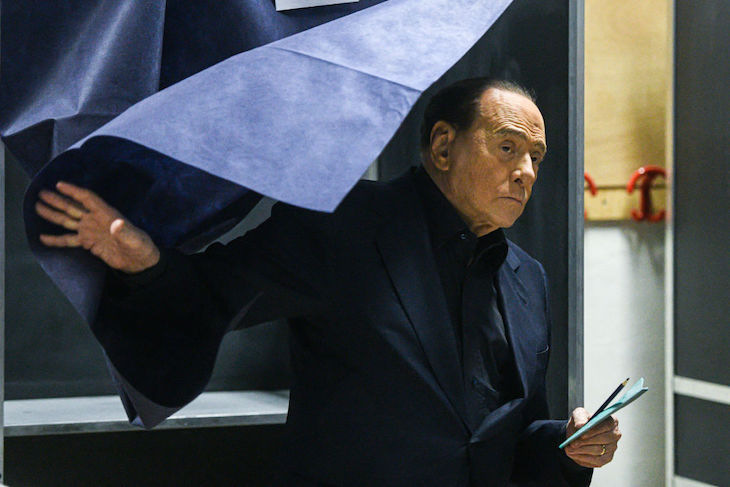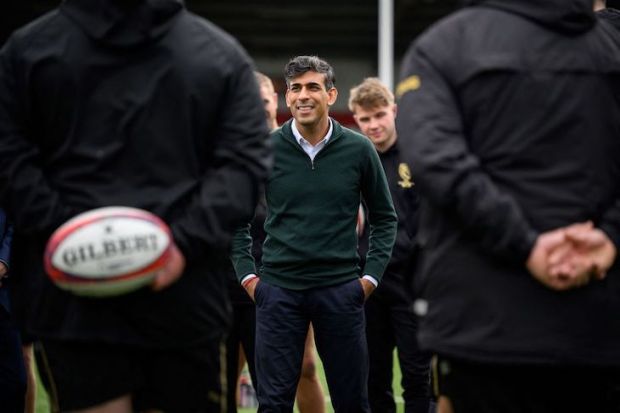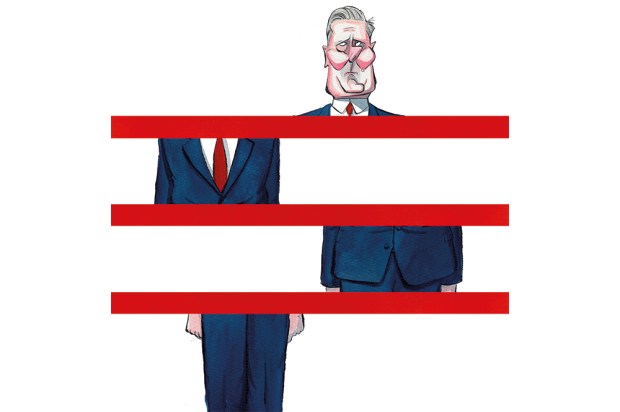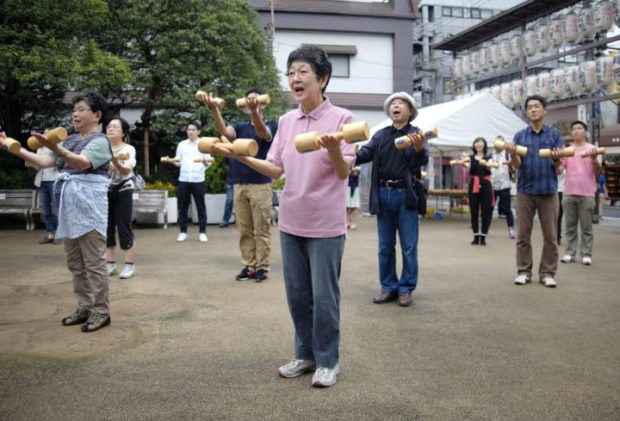Silvio Berlusconi has been acquitted of paying bribes worth €10 million (£8.9 million) to female guests at his notorious bunga bunga parties in return for false testimony. The verdict brings to an end a series of trials that dragged on for well over a decade – and while the 86-year-old has ‘won’ this case, the damage has been done.
The political effect of the bunga bunga trials as they were called has been devastating, as has the impact on the lives of those involved. They set in train a series of events that included the forced resignation of the media tycoon in November 2011 as Italy’s prime minister and made him, and Italy, a global laughing stock. There followed six unelected Italian prime ministers in a row – unelected in the sense that none was head of a party or coalition that won an election. Four were not even MPs when appointed.
Trials in Italy all too often drag on for years
This period of denial to Italians of a key element of democracy – a leader they chose – only ended with the victory of Giorgia Meloni’s right-wing coalition at last September’s elections. These trials also destroyed the reputations of the female guests at the parties Berlusconi held, mainly at his palace near Milan, which he insisted were elegant soirées.
Reacting to his acquittal last week, the four-times prime minister – re-elected last September to the Senate after an absence of nine years – said on Instagram he had ‘the fortune to be judged by magistrates who knew how to remain independent, impartial and correct.’ Prominent members of his Forza Italia party, the junior partner in Meloni’s new coalition government, were quick to demand a parliamentary commission to investigate what they say has been the systematic use of the criminal justice system as a political weapon. One called Italy’s judiciary ‘this country’s cancer’. Another said the prosecuting judges in the trial ‘should be jailed’.
Since Berlusconi entered politics in 1994, as he puts it, ‘to save Italy from Communism’, Italy’s notoriously left-wing prosecuting judges, known as toghe rosse (red cloaks), have subjected him – he estimates – to 136 criminal trials. He has been convicted only once, for tax fraud, for which he received a year’s community service and a five year ban from political office.
In the first bunga bunga trial, Berlusconi was acquitted on appeal in 2014 of paying for sex with a minor who was one of the guests at his soirées: Karima El Mahroug, a Moroccan belly-dancer, then 17, whose nickname was Ruby Rubacuori (Ruby The Heart Stealer).
Both Il Cavaliere (The Knight), as Berlusconi is known, and the Heart Stealer denied sex. There were – obviously – no witnesses. He did not know she was 17. Why should he? Anyway, he was at the time of the alleged incident already an ageing prostate cancer survivor. In the trial that ended last week, Berlusconi was acquitted of bribing Ruby and 20 other women guests who were in turn acquitted of false testimony.
No one is saying Silvio is a saint. But surely his only crimes here were reckless irresponsibility – whose judge should be the people – and immorality – whose judge can only be the Lord God Almighty, and certainly not a bunch of left-wing Milanese beaks.
Trials in Italy all too often drag on for years, leaving those subjected to them – like Berlusconi – in a soul-destroying limbo. In Italy, both defence and prosecution can appeal twice and a conviction or acquittal is not definitive until the appeal process is extinguished. Indeed, last week’s verdict might not be the end of this story, even if most commentators seem to think it unlikely that the prosecution will appeal.
If the bunga bunga trials are at long last all over though, the real winners are not Berlusconi and his female guests but Italy’s judges, le toghe rosse. Alessandro Sallusti, editor of the right-wing daily Libero, is the co-author of a 2021 bestseller with a top prosecuting judge who decided to blow the whistle on how Italy’s judges use the judiciary to target political opponents. He wrote after last week’s acquittal:
‘Of course… those magistrates have won, even if today they have lost all the trials, the wounds to the image inflicted on the politician, then the most famous and important both in Italy and abroad, for them was worth, and is still today worth, more than any judicial truth.
‘In short, Silvio Berlusconi has had his conviction regardless of the acquittals and he has served it with great strength and dignity. The same can hardly be said for the visible and hidden protagonists of this wretched season that has changed the course of democracy: none of them has paid or will pay for the errors made either in good or bad faith, a phobic form of political judgementalism masquerading as penal justice, i.e. the negation of justice itself.’
It is not just right-wing Italian politicians and journalists who say such things about Italy’s judiciary. Two thirds of Italians (65.9 per cent) do not trust Italy’s judiciary and a substantial majority (57.8 per cent) believe that the actions of Italy’s judges are ‘conditioned’ by their political views.
As Vittorio Sgarbi, a junior culture minister in the Meloni government and regular guest at Berlusconi’s soirées, told a talk show after the acquittal:
‘I saw everything. There was nothing. Nothing. They ate. They told jokes. They sang. It is not Berlusconi who is evil. It is the magistrates who invented this political prosecution who are evil.’
Got something to add? Join the discussion and comment below.
Get 10 issues for just $10
Subscribe to The Spectator Australia today for the next 10 magazine issues, plus full online access, for just $10.




















Comments
Don't miss out
Join the conversation with other Spectator Australia readers. Subscribe to leave a comment.
SUBSCRIBEAlready a subscriber? Log in